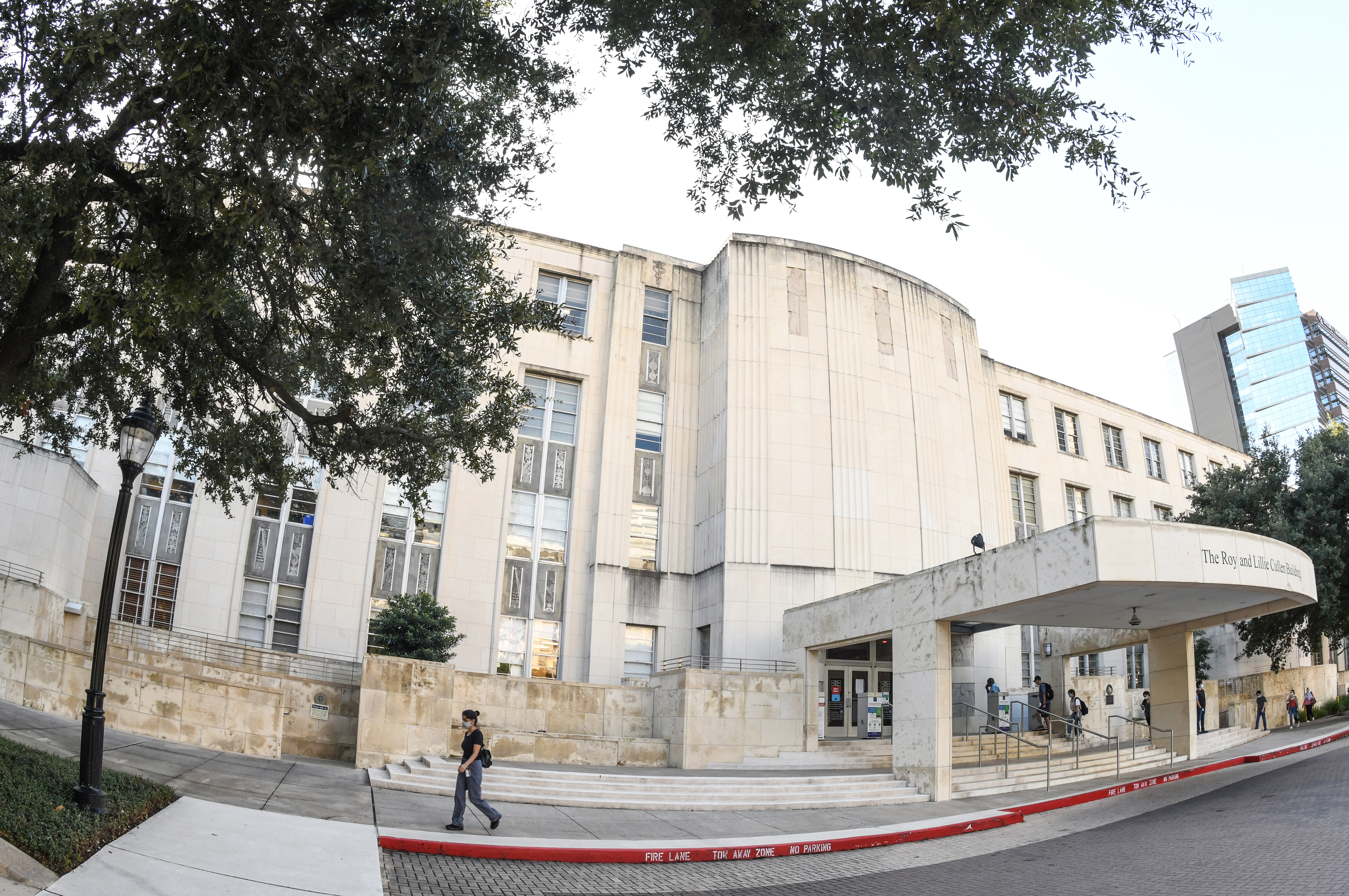Hudson Institute has responded to the coronavirus outbreak (COVID-19) both scientifically and to protect the wellbeing of our staff and community. Our world-leading scientists are applying their expertise in hyper-inflammation, to find ways to reduce the body’s overwhelming inflammatory response and acute respiratory distress that is leading to loss of lives from COVID-19.
During this difficult time, our laboratory scientists are continuing essential inflammation work on COVID-19 related research. They are joined by colleagues undertaking time-critical clinical research that has direct impact on patients’ lives.
Our other scientists and operational staff will work from home throughout the Victorian Government COVID-19 pandemic restrictions – analysing data, writing and reviewing scientific papers, preparing grant applications or providing the administrative support for these activities. Please see below for contacting our scientists and staff.
For now, our key public and scientific events are on hold. We know our community highly values the leading-edge knowledge and free exchange shared by our scientists at these events. We will find new ways for the latest information to reach you, and for you to ask questions of our experts.
Supporting our hospital colleagues
Hudson Institute has offered strong support to our hospital partner, Monash Health, with the supply of laboratory support staff, personal protective equipment, diagnostic materials and disinfectants – if and when they are needed.
While COVID-19 presents a difficult and uncertain time, we remain positive that the work of our dedicated scientists will improve the lives and health of many in our community.
Our gratitude and support go to those at the front line of health care who are working long hours, often at risk to themselves, and to the many scientists working to advance COVID-19 research.
We hope that everyone stays well and safe.
How you can contact us
Please contact Hudson Institute via our reception email or telephone







